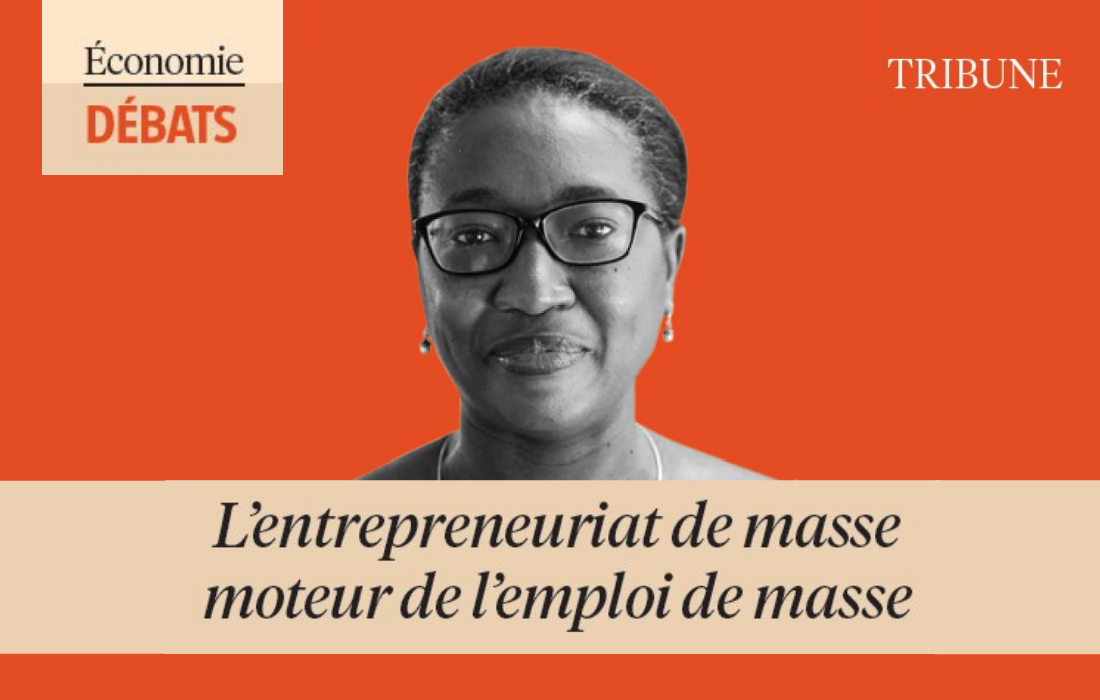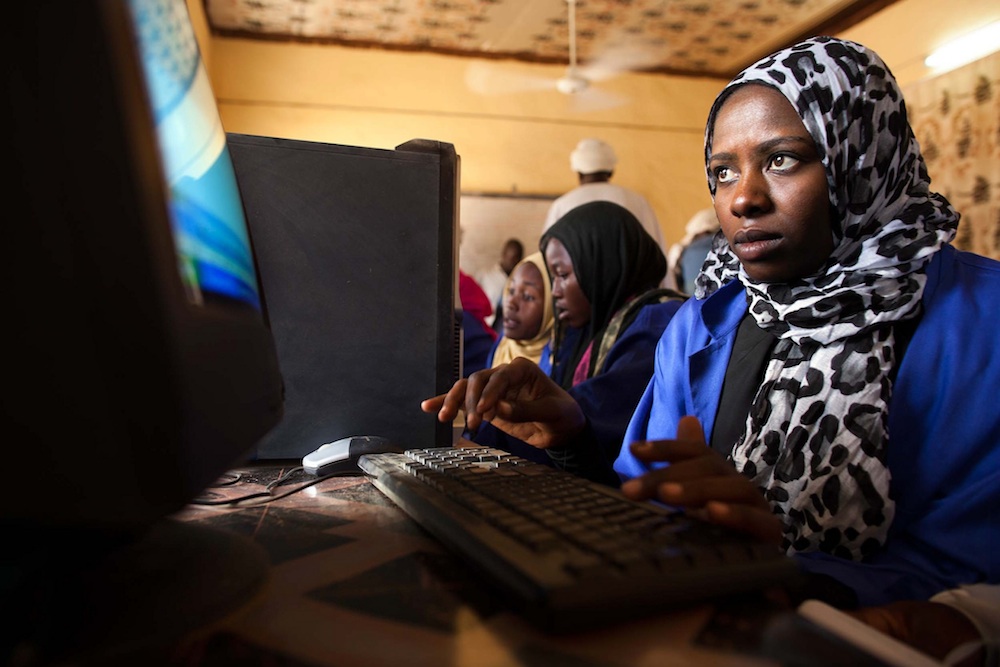Dalberg uses cookies and related technologies to improve the way the site functions. A cookie is a text file that is stored on your device. We use these text files for functionality such as to analyze our traffic or to personalize content. You can easily control how we use cookies on your device by adjusting the settings below, and you may also change those settings at any time by visiting our privacy policy page.
This article originally appeared in French in the May 25, 2019 edition of Jeune Afrique. The original article can be viewed here.
Andela’s recent $100 million funding from Generation Investment Management showcases that international financiers are eagerly searching for Africa’s next unicorn. The continent’s highly entrepreneurial population has inspired the formation of many accelerators, innovation hubs and venture capital funds aimed at identifying talent and nurturing the ecosystem for high-growth start-ups. But these companies, while contributing to overall economic growth, are not enough to create the volume of jobs needed for Africa’s rapidly increasing youth population.
Consider a country like Senegal, where less than 15 percent of the working age population is formally employed and only 31 percent of the yearly 100,000 new graduates that enter the job market can find employment. On top of that, over 80 percent of the private sector is composed of individual companies. Start-up unicorns will not fill the gap – but instead, Mass Entrepreneurship can realize jobs for the masses.
Mass Entrepreneurship refers to the millions of ordinary local businesses that use local inputs and serve local needs in every community. They are the people backbone companies (such as bakers, small agri-business, and craft villages) that are never going to see a stock exchange, but who typically hire or increase the income of 5 to 20 people. This is the kind of multiple needed to employ the 29 million youths joining sub-Saharan Africa’s labor force each year.
However, to truly flourish, Mass Entrepreneurship needs the policy, financial and business development tools to facilitate self-employment and accelerate the growth of small and medium enterprises. With that in mind, advisory firm Dalberg works to advance this concept of Mass Entrepreneurship as a driver of the economy, partnering with institutions such as the Délégation Générale à l’Entreprenariat Rapide des femmes et des jeunes (DER) in Senegal. DER provides entrepreneurs with integrated financial, business development and access to market services, tailored to the sectors with high economic and employment potential. DER’s flagship program targets different value chain actors simultaneously, leading to the development and improvement of national market linkages. Such practices could provide the framework for people to become job-creating entrepreneurs.
Policies and programs supporting Mass Entrepreneurship can lead to positive change. In China, policies were implemented to promote innovation, intellectual property enforcement, and fund raising – leading to 13 million new formally registered businesses between 2014 and 2017. Policies in India have focused on mindset change and education, but also on creating an enabling tax environment – aiming to generate 50 million jobs by 2030.
Start-ups bring dynamism and some new platform businesses can even – like in China’s Alibaba-enabled Taobao villages supplying the world – make it easier for Mass Entrepreneurship to flourish. But ultimately the future jobs of African youth will be provided by locally-anchored mass entrepreneurs – let’s give them the attention they deserve.
Madji Sock is a Partner at Dalberg Advisors based in Dakar

















